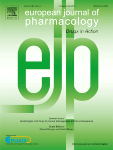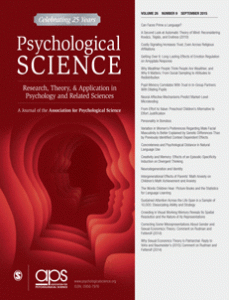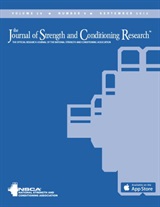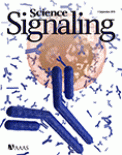A paper on nematode parasites appears to have been infected with a nasty strain of a publishing problem known as fake peer review. By our count, the phenomenon has felled approximately 250 papers in total.
The affected review, “The important role of matrix metalloproteinases in nematode parasites,” explores a type of enzyme secreted by the parasite. Published in Helminthologia, it’s been cited once, according to Thomson Scientific’s Web of Knowledge.
Unfortunately, the retraction note doesn’t give us too many details about how the peer review process was manipulated:
Continue reading “Rigging of the peer-review process” kills parasite paper








 A paper containing data fudged by former University of California San Francisco grad student Peter Littlefield has been corrected. We knew that this was coming — last month,
A paper containing data fudged by former University of California San Francisco grad student Peter Littlefield has been corrected. We knew that this was coming — last month,